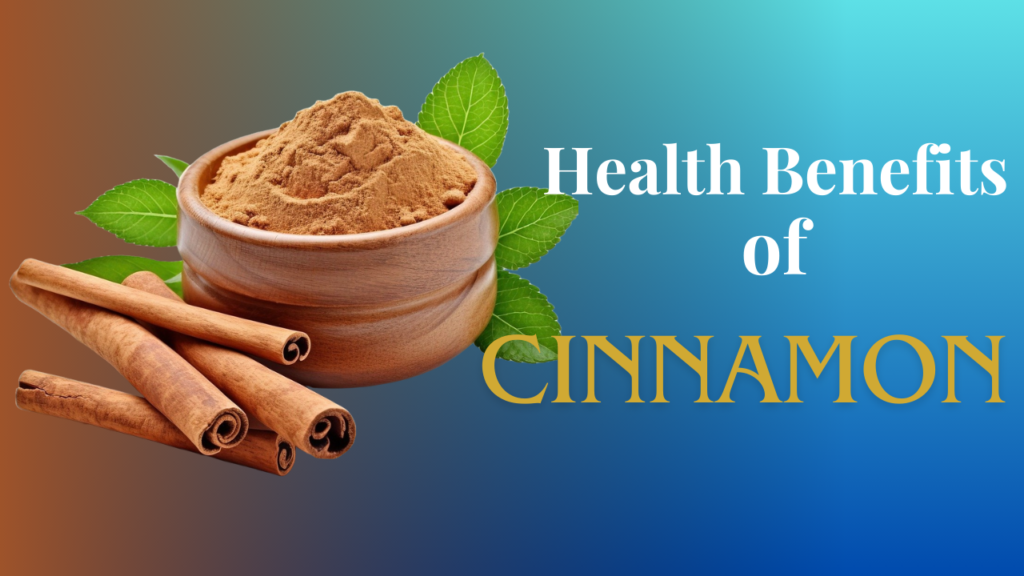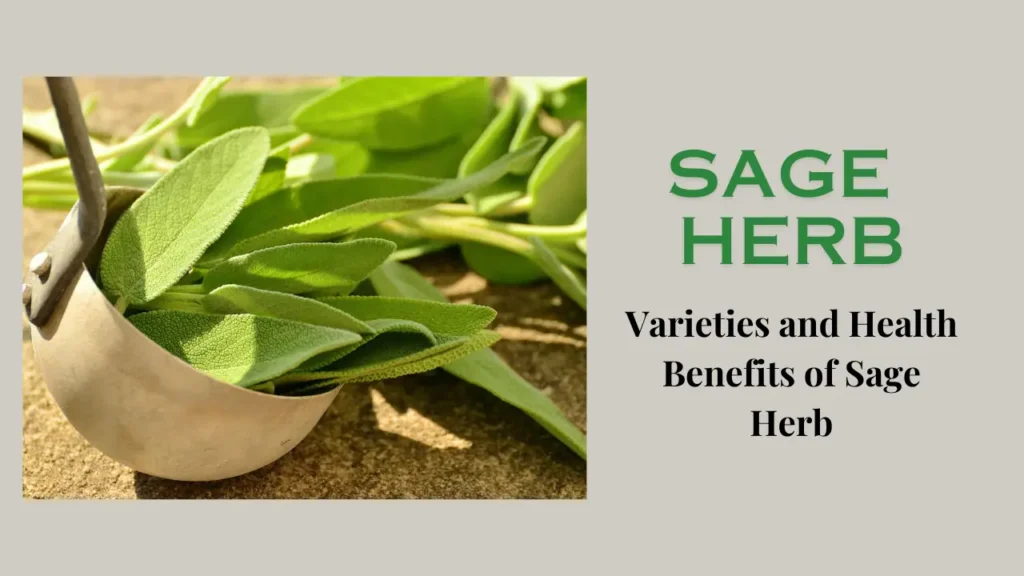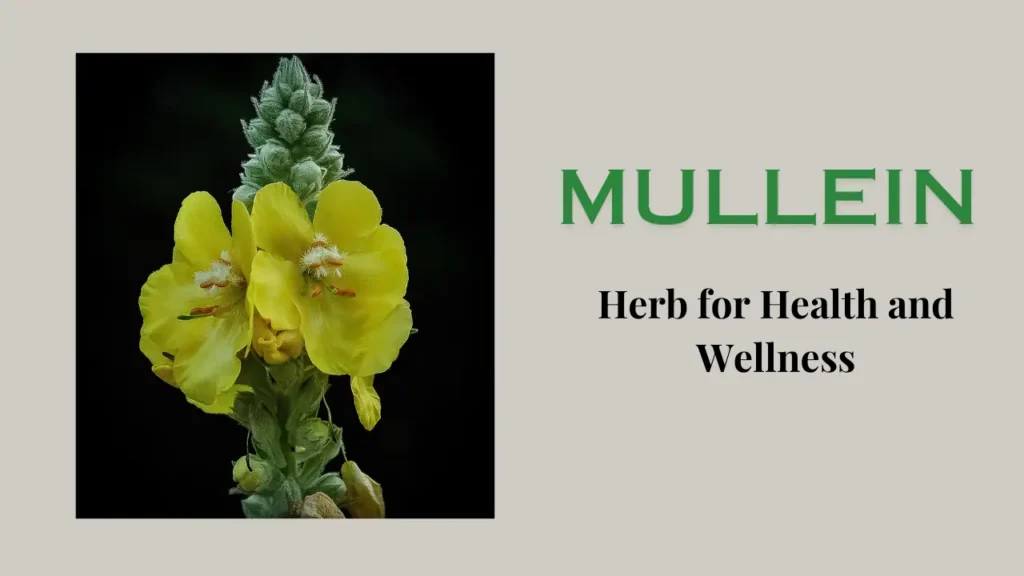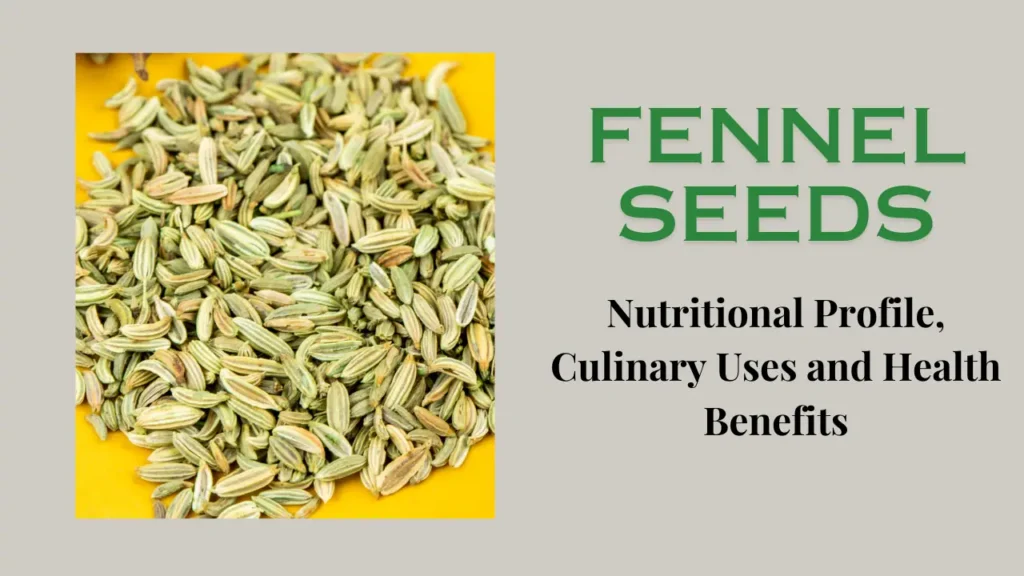Calamus is scientifically known as Acorus calamus. It is a perennial herb plant known for its medicinal properties. This herb has a rich history of traditional use and modern scientific validation. It is also known to promote overall health and well-being. In this article, we will know in detail about this herb.
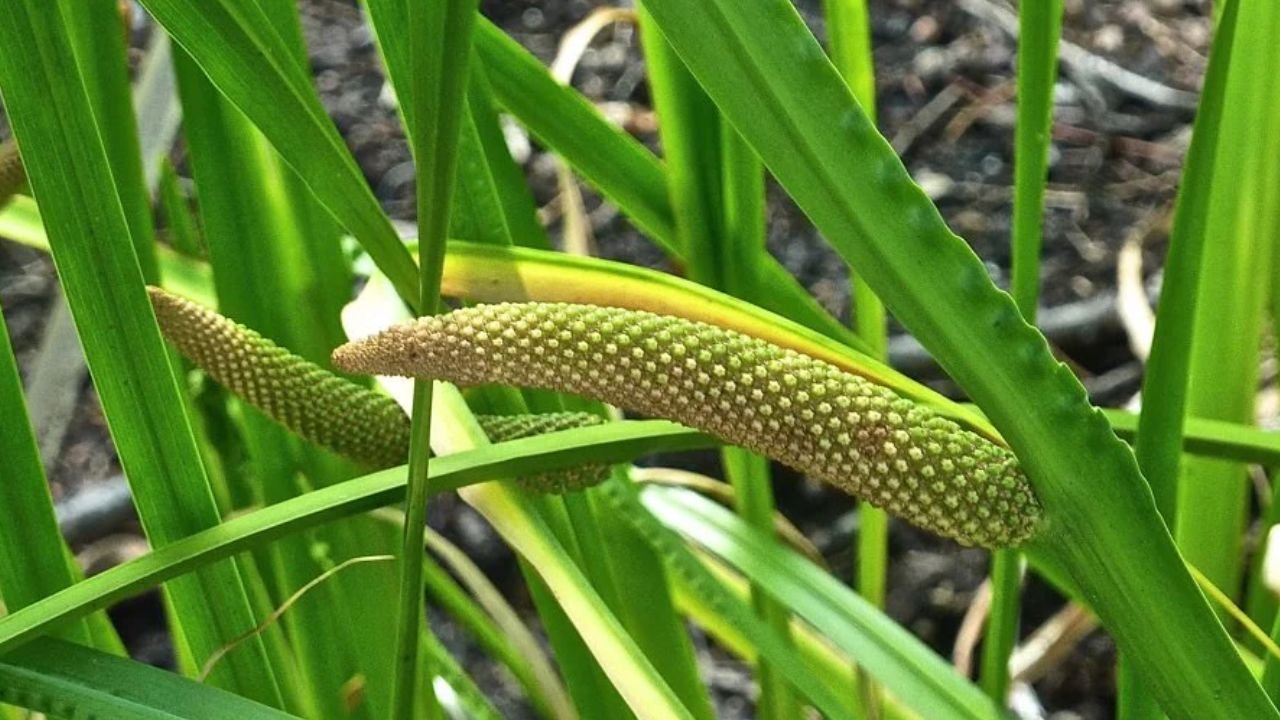
Table of Contents
Scientific Name
Acorus calamus
Synonyms
Sweet Flag, Sweet Root, Vacha (in Ayurveda)
Habit and Natural Habitat
It is a perennial plant. It grows in moist, marshy areas such as wetlands, stream banks, and shallow water bodies.
Common names
Calamus, Sweet Flag
Chemical Composition
It contains volatile oils (including β-asarone, α-asarone, and others), sesquiterpenes, flavonoids, phenylpropanoids, and alkaloids.
Plant Parts Used
Its rhizome, or underground stem, is used in traditional medicine. It is harvested, dried, and processed to unleash its medicinal potential.
Properties
Ayurvedic Properties
In Ayurveda, it is classified as “Medhya Rasayana”, meaning it enhances cognitive function and memory. It is also known to have “Vata” and “Kapha” pacifying properties, making it valuable in balancing these doshas (bioenergies).
Therapeutic properties
Many medicinal properties are found in it, some of which are as follows:
- Digestive Tonic: It stimulates appetite and aids digestion. It also provides relief from symptoms like abdominal swelling and flatulence.
- Nerve Tonic: It has a calming effect on the nervous system, helping to reduce stress, anxiety, and nervous exhaustion.
- Carminative: It helps in expelling gas from the digestive system. It also helps in reducing the problems related to bloating and stomach pain.
- Antispasmodic: It relaxes smooth muscles, relieving muscle spasms and menstrual cramps.
- Antimicrobial: Calamus exhibits antimicrobial properties against various pathogens, making it useful in treating infections.
- Expectorant: It relieves congestion and cough by expelling mucus from the respiratory tract.
Health Benefits of Calamus
Apart from traditional uses, the calamus also offers many health benefits some of which are described as follows:
- Cognitive Enhancement: Calamus helps enhance cognitive function, memory, and concentration, making it valuable for students and people with difficult mental tasks.
- Stress Relief: It has calming properties that promote mental well-being by reducing stress, anxiety, and nervous tension.
- Digestive Support: It relieves gastrointestinal discomfort and helps support overall digestive health.
- Respiratory Support: It helps reduce respiratory congestion, cough, and bronchial spasms, thereby promoting respiratory health.
- Immune Support: It has antimicrobial properties, which strengthen the body’s natural defenses against infections.
- Menstrual Relief: It helps in relieving menstrual cramps and discomfort.
Uses of Calamus
Calamus can be used in a variety of forms, including:
- Herbal Tea: Steep its dried rhizome in hot water to make herbal tea.
- Tincture: The tincture of calamus rhizome can be prepared by mixing it with alcohol. After this, you can just filter it and use it according to instructions.
- Powder: Grind its dried rhizome into fine powder and use in capsules or mix with honey for internal use.
- Inhalation: Inhale steam with calamus-infused water to relieve the respiratory obstruction.
Precautions and Side Effects
Calamus offers many health benefits but it is important to take precautions when using it:
- Consuming it during pregnancy and breastfeeding can increase the risk of uterine contraction, hence one must consult a doctor before consuming it.
- Some people may be allergic to its consumption. So do a patch test before using it topically.
- Calamus should always be used in limited quantities.
Conclusion
In Conclusion, the calamus turns out to be a versatile herbal remedy. It offers benefits ranging from enhancing cognitive function to promoting digestive and respiratory health. But it should be used with knowledge and restraint.
Remember, before starting any new wellness regimen, it’s always best to consult with a healthcare professional to ensure it is suitable for your specific needs and circumstances.

